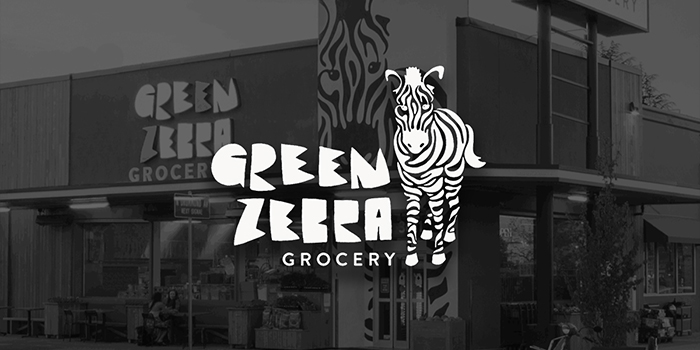Green Zebra Grocery: Portland’s Experimental Healthy Convenience Store Chain Shuttering

Convenience store chain Green Zebra Grocery is shutting down all three locations at the end of the month as a result of pandemic- and inflation-induced costs weighing down on the company’s margins.
“We have been holding on by a thread since the pandemic started and have been in austerity mode since then,” said Green Zebra founder and CEO Lisa Sedlar in a press release. “We experienced nine straight quarters of increases to our cost of goods, packaging, fuel, insurance, taxes, freight charges and well, pretty much everything. Combine that with supply chain and staffing shortages and razor thin grocery margins, we just couldn’t overcome all the obstacles.”
The woman-owned business was launched 10 years ago in Portland, Oregon by Lisa Sedla, a former Whole Foods purchasing director from 1996 to 2004 who later became president and CEO of natural grocery chain New Seasons Market. Sedlar opened Green Zebra in an effort to redefine the convenience channel by offering local, Portland-made food products, craft beer and fresh produce.
The company had four locations at its peak: first in North Portland’s Kenton neighborhood before expanding to Southeast Portland and opening two stores downtown.
In 2018, Sedlar told Grocery Dive that she hoped to expand the concept to 24 locations by 2023, along with around 200 Green Zebras “micro locations” inside office buildings and other business establishments.
In late summer 2020, Green Zebra closed its two central Portland locations (PSU campus and Lloyd district) due to the pandemic’s impact on foot traffic and increased costs. The PSU store would later reopen in October 2021.
Green Zebra’s Instagram message on March 8 announcing its closure brought an outpouring of support from the Portland community including over 600 likes and a number of heartfelt messages in the comments section.
The Kenton Business Association (KBA) reposted the news post calling it “a major loss for our community.”
The KBA went on to say in the post’s comments that “it wasn’t a lack of customer/neighborhood support that led to Green Zebra closing its doors. Their main struggle was securing deals to be able to provide food at more affordable prices (big challenge) even with opening more stores they were unable to secure the major discounts that large chain groceries have.”
According to comments on KBA’s Instagram page, Green Zebra did not own the buildings that it operated in and there was no reports of what businesses will take over the spaces once Green Zebra had vacated.
The news came as a shock to some of the local CPG food makers who sold products to Green Zebra. Mexican food and condiment maker Hot Mama was one of Green Zebra’s original vendors when the c-store opened in 2013. Guerrero estimates that, across the three stores, Green Zebra purchased about $500 worth of product weekly and accounted for about 3% of the Hot Mama’s sales.
“I think I found out the morning that they put the press announcement out,” said Nikki Guerrero, founder of Hot Mama Salsa. “We had products already made and going out that morning. it was already in our van, ready for delivery that day.”
Yet, the bigger loss is for the neighborhoods, communities and Portland-area food makers who now don’t have that local grocery store connection, she said. “They were a big supporter of small, local brands. I know several brands that got their start there on the Green Zebra shelves.”
Next generation C-stores have been a recent trend, with companies including Foxtrot and The Goods Mart seeking to reinvent the channel for younger shoppers looking for unique, better-for-you options. Many of these stores sport small footprints, but aim to hit higher sales volumes by offering local delivery or, in some cases, national shipping. The draw for shoppers, particularly for D2C sales, is access to smaller, more emerging brands, with retailers acting as curators and tastemakers.
According to Guerrero, Sedlar was not running the day-to-day business of Green Zebra after she had moved from the Portland area to live in Hawaii.
“We definitely gave it our all and fought the good fight,” Sedlar said in the company press release. “We are thankful for the opportunity to have been in service to our community.”

















